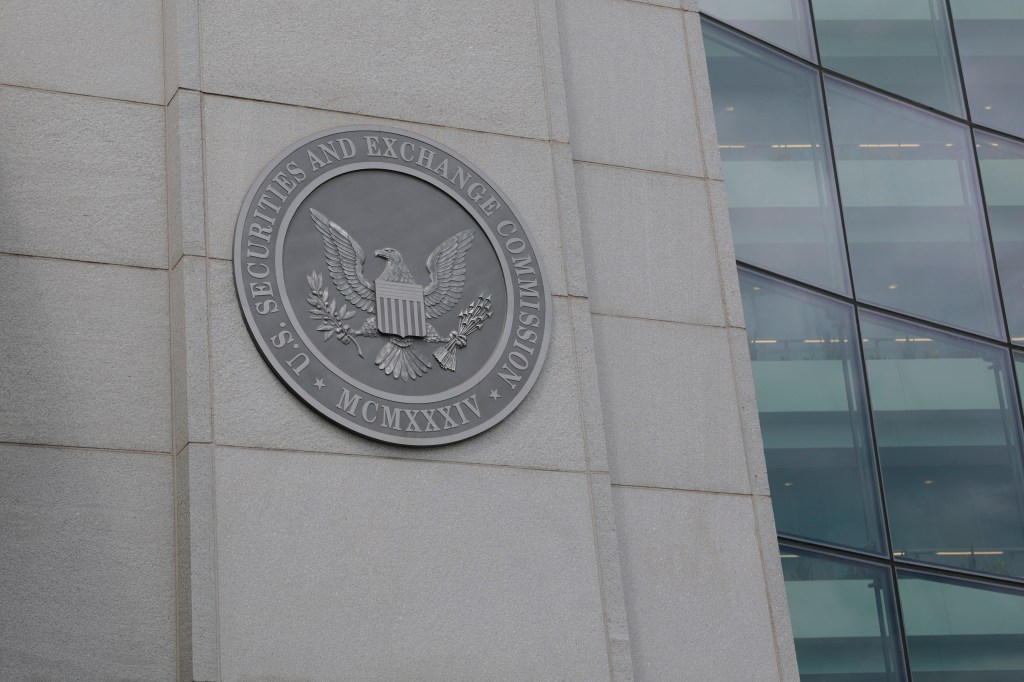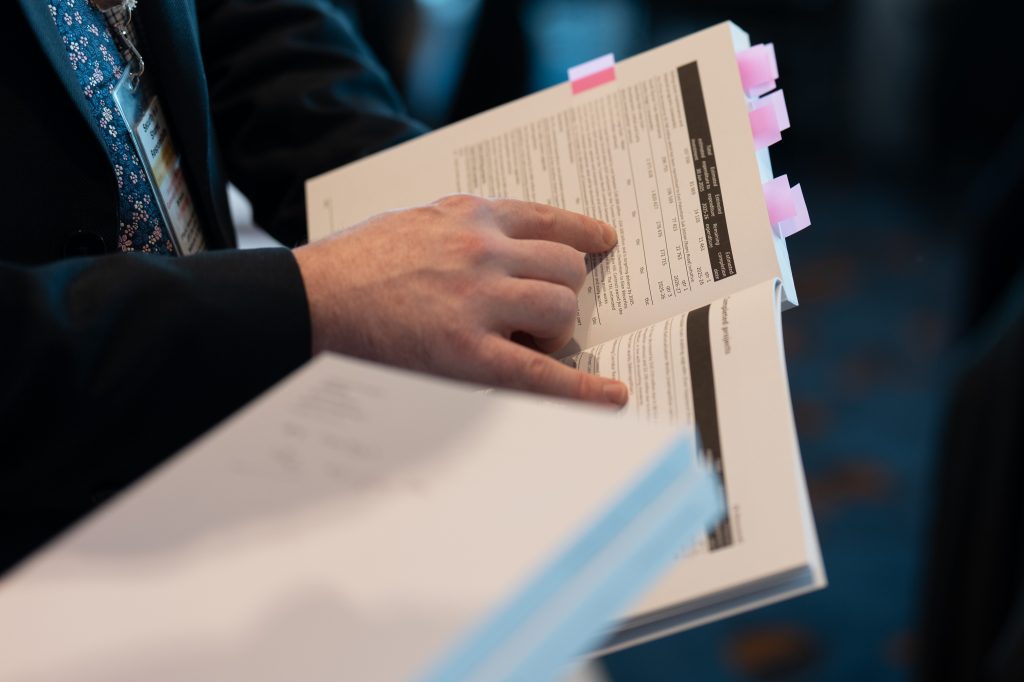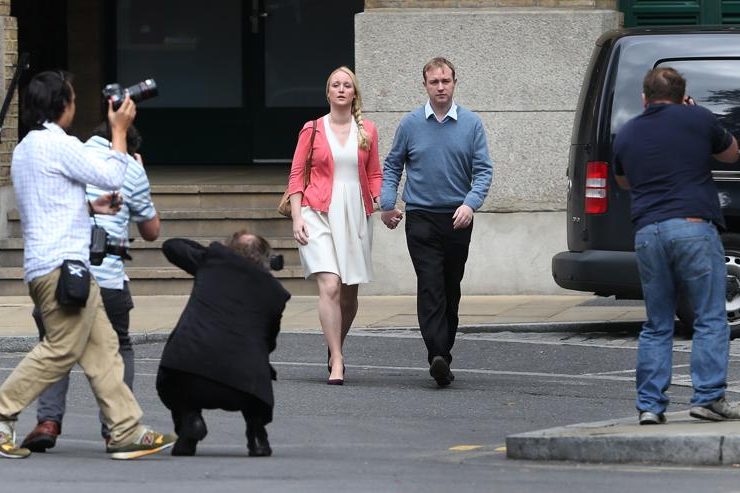In a monumental decision delivered on Wednesday, the UK Supreme Court has quashed the conviction of former derivatives trader Tom Hayes, who was the first individual to be found guilty and jailed for manipulating the London Interbank Offered Rate (Libor). The ruling, which also saw the conviction of former Barclays
Register for free to keep reading
To continue reading this article and unlock full access to GRIP, register now. You’ll enjoy free access to all content until our subscription service launches in early 2026.
- Unlimited access to industry insights
- Stay on top of key rules and regulatory changes with our Rules Navigator
- Ad-free experience with no distractions
- Regular podcasts from trusted external experts
- Fresh compliance and regulatory content every day












